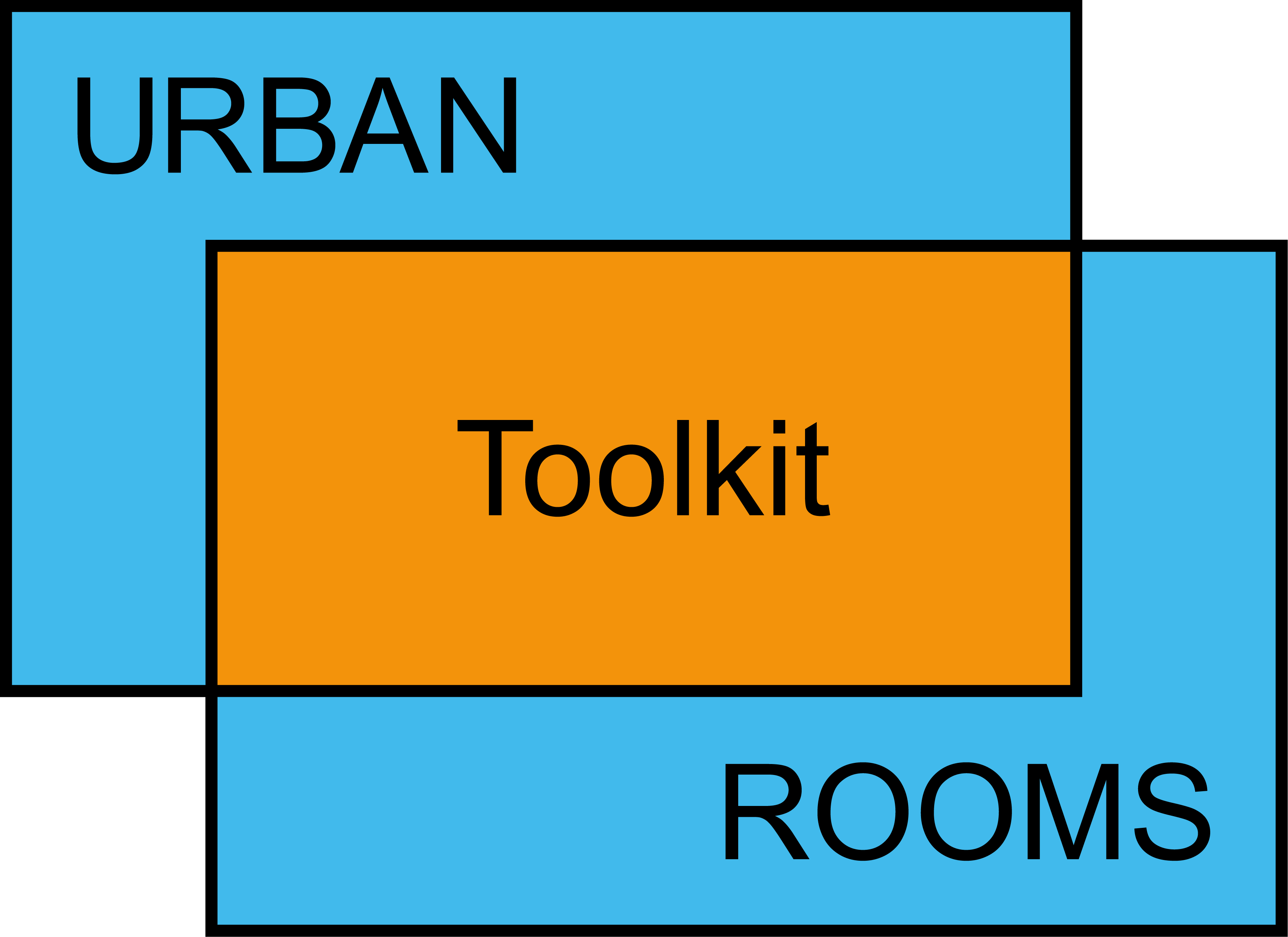


Set-Up
How can we build partnerships?
Most Urban Rooms are founded on strong partnerships between groups and organisations who share the same ethos and goals. Partnerships build confidence, resilience and capacity, helping to share the set-up, management, animation, costs and legacy of the Urban Room. Partners can bring together networks, expertise and contacts to form a critical mass around the project; raising awareness of issues and campaigns and exerting collective pressure on decision-makers.
However, you and your partners need to ensure your aims are compatible and are honest about your own expectations. Ask yourselves ‘what does success look like’ for each of you. Establish a clear agreement towards how you will collaborate, what you are asking of each other and how you will communicate with each other, especially when things don’t go according to plan!
Here are some more points of advice from our members:
be open to serendipity and accidental encounters - new partners can emerge once your UR is up and running, be curious and follow up enquiries - your best partner might be a group or organisation you don’t know yet!
reach outside your bubble - go beyond your sector or discipline - our cities and towns are complex and so we need to build partnerships across traditional silos to meet future challenges effectively
you may have different partners at different stages according to their expertise and capacity, e.g. initiation & set-up, operation, dissemination and follow-on activity
aim to build partnerships between the grass-roots and civic scales to the mutual benefit of both - if you are from a large civic organisation such as a local authority or university, how can you work with smaller community groups to learn from their local knowledge and expertise? If you are a small community group how can you work with larger organisations who share your agenda and may be able to promote and support you in your work
multiple partners hosting an UR helps to create openness and avoids one partner’s agenda dominating the space
recognise the limitations of your audience and networks and reach out to partners who can help you diversify your audience, e.g. charities and community groups who represent marginalised and under-represented groups
building partnerships can be a slow process, especially with large civic institutions, but keep the channels of dialogue open and through gentle, consistent pressure, new opportunities for collaboration can develop

Watford Urban Room
Set-Up
How can we build partnerships?
Most Urban Rooms are founded on strong partnerships between groups and organisations who share the same ethos and goals. Partnerships build confidence, resilience and capacity, helping to share the set-up, management, animation, costs and legacy of the Urban Room. Partners can bring together networks, expertise and contacts to form a critical mass around the project; raising awareness of issues and campaigns and exerting collective pressure on decision-makers.
However, you and your partners need to ensure your aims are compatible and are honest about your own expectations. Ask yourselves ‘what does success look like’ for each of you. Establish a clear agreement towards how you will collaborate, what you are asking of each other and how you will communicate with each other, especially when things don’t go according to plan!
Here are some more points of advice from our members:
be open to serendipity and accidental encounters - new partners can emerge once your UR is up and running, be curious and follow up enquiries - your best partner might be a group or organisation you don’t know yet!
reach outside your bubble - go beyond your sector or discipline - our cities and towns are complex and so we need to build partnerships across traditional silos to meet future challenges effectively
you may have different partners at different stages according to their expertise and capacity, e.g. initiation & set-up, operation, dissemination and follow-on activity
aim to build partnerships between the grass-roots and civic scales to the mutual benefit of both - if you are from a large civic organisation such as a local authority or university, how can you work with smaller community groups to learn from their local knowledge and expertise? If you are a small community group how can you work with larger organisations who share your agenda and may be able to promote and support you in your work
multiple partners hosting an UR helps to create openness and avoids one partner’s agenda dominating the space
recognise the limitations of your audience and networks and reach out to partners who can help you diversify your audience, e.g. charities and community groups who represent marginalised and under-represented groups
building partnerships can be a slow process, especially with large civic institutions, but keep the channels of dialogue open and through gentle, consistent pressure, new opportunities for collaboration can develop

Watford Urban Room
